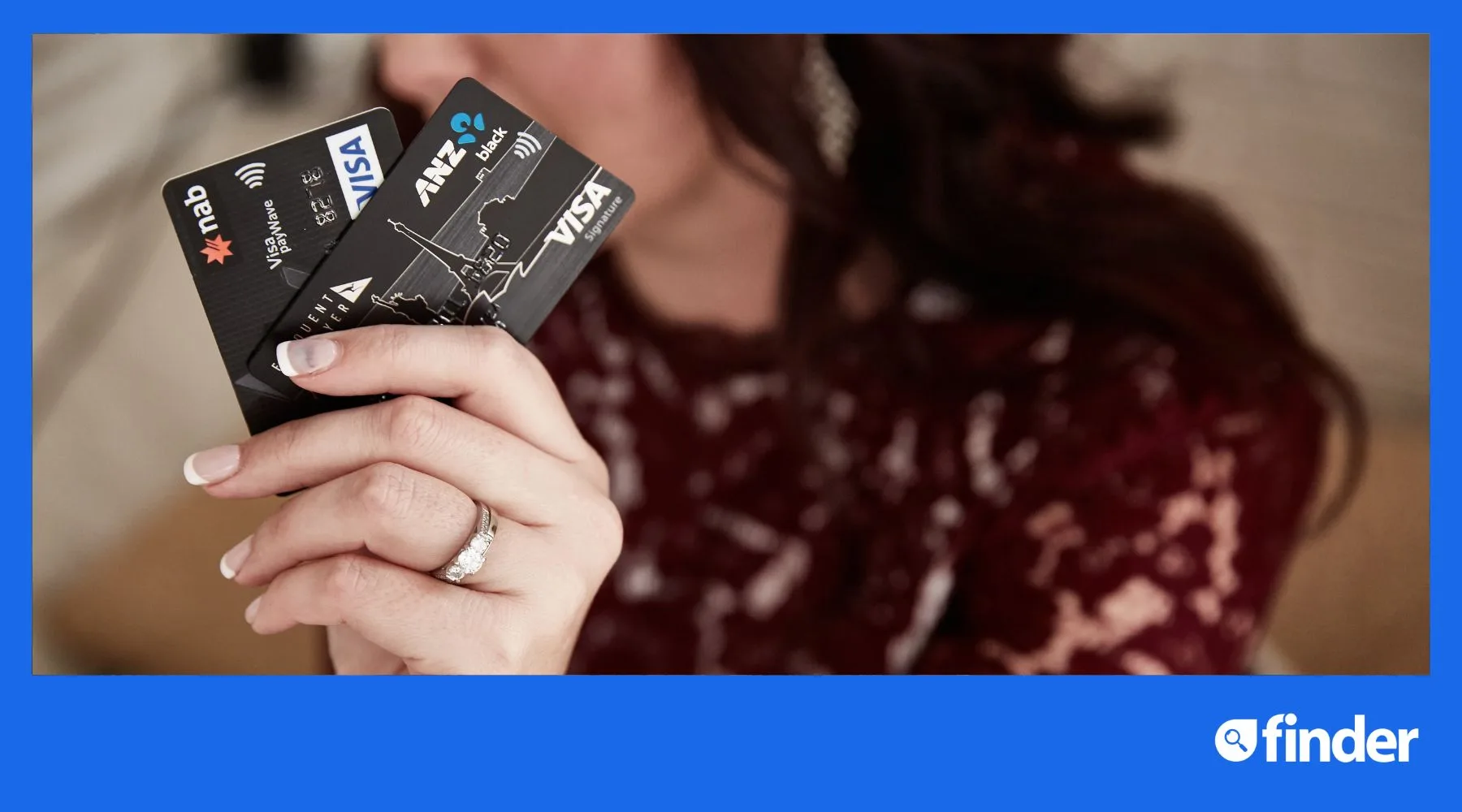I’ve paid no credit card interest for 11 years – here’s how I do it

Every credit card I've had in the past 11 years has offered interest-free days. So what are they and how do you use them?
When I got my first credit card in 2012, I wasn't exactly sure how this common credit card feature worked.
Interest-free days typically offer you "up to" a number of days interest-free for purchases, such as "up to 55 days interest-free".
The maximum number of days interest-free is available on the first day of a new statement period, with one less day on the second day of a statement period and so on, until the date that your next credit card repayment is due.
And with most credit cards, you need to pay the total amount listed on your statement by the due date to make use of interest-free days.
I remember being surprised by how simple it was with my first credit card, and every card since then.
I just pay back everything I spend by the due date that's shown on my monthly credit card statements – and don't get charged interest.
Depending on which of my credit cards I use (I have 2), this means I get up to 44 or up to 55 days interest-free.
I've found it really helpful when I need to spend a lot before my next payday and when I want to earn more frequent flyer points.
For instance, earlier this year I spent $1,500 on accommodation for a holiday using my frequent flyer credit card.
I earned points for every single dollar spent and didn't get charged interest because I repaid it all after my next payday.
Example: How to use interest-free days
This feature was definitely easier to understand after I got my first credit card.
So now, I find an example helps explain how you can use them to pay no interest on almost any credit card.
Let's say we have a credit card with up to 55 days interest-free on purchases and the following details:
- Statement period: 1-30 September. This is the time when we can use the card to pay for things before the next statement is issued. For this example, let's say we spend $3,000 over this period.
- Payment due date: 25 October. This due date is shown on the monthly statement, which we would get after 30 September in this example.
- Interest-free period: The interest-free days would start on 1 September and go to 25 October, giving us "up to 55 days interest-free" on purchases made during the statement period.
So, as long as we paid back the full $3,000 by 25 October, we wouldn't pay interest on those purchases.
Tips to make use of interest-free days
- Only spend what you can afford to pay back by the due date on your statement
- Set calendar reminders for a few days before your repayment is due
- Pay off credit card purchases as you make them
- Set up automatic payments for the total balance of your credit card
And finally, check the terms and conditions for your credit card.
Some cards offer fewer conditions for interest-free days than others.
For example, Bendigo Bank offers an interest-free period for all new credit card purchases, even if you're still paying off part of your last statement.
And ANZ offers interest-free days on new purchases when you're repaying a balance transfer, as long as you pay the "Adjusted Closing Balance" listed on your statement by the due date.
So, even though credit cards come with the potential for interest charges, this is one way to avoid them.
Looking for a new credit card? Compare the latest offers on Finder.
Ask a question
